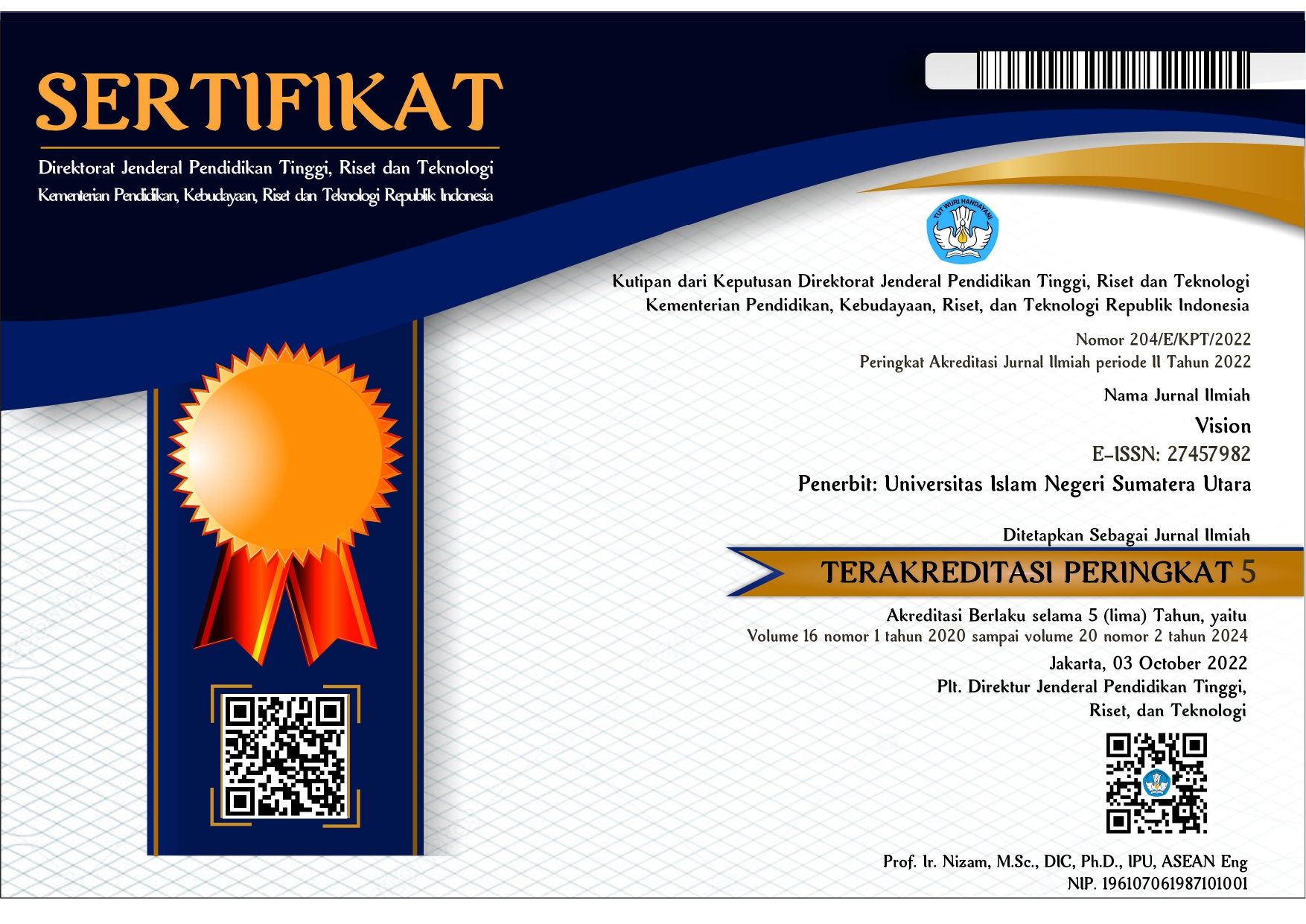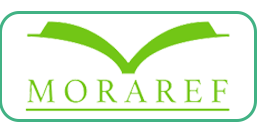IMPROVING STUDENTS’ PROFICIENCY IN TEACHING FOR ENGLISH SPECIFIC PURPOSE
Abstract
Keywords
Full Text:
PDFReferences
Aflah, M. N., & Rahmani, E. F. (2018). Need Analysis for English Language Courses for Vocational Students. Journal of Language Education, 7(1), 77-89.
Alwasilah, A. C. (2000). Perspectives on English language education in Indonesia: In the context of global competition. Andira.
Anthony, L. (1997). Defining English for specific purposes and the role of the ESP practitioner. Center for language research 1997 Annual review, 115-120.
Basturkmen, H. (2006). Ideas and Options in English for Specific Purposes. New Jersey: Lawrence Erlbaum Associates Inc.
Cigan, V., & Kordić, L. (2013). The role of ESP courses in general English proficiency. Linguistica, 53(2), 153–172.
Dudley-Evans, T & ST John, M. (1998) Developments in English for Specific Purposes: A Multi-Disciplinary Approach. UK: Cambridge University Press.
Fălăuş, A. (2017). The current challenges of teaching ESP. IOP Conference Series: Materials Science and Engineering, 200, 012059. https://doi.org/10.1088/1757-899X/200/1/012059.
Fitria, T, N. 2023. TEACHING ENGLISH FOR SPECIFIC PURPOSES (ESP): TEACHERS’ ROLE AND THEIR CHALLENGES. Journal of English Education and Literacy. 54-70.
Hamidah, F. N., & Yanuarmawan, D. (2019). Penerapan english for specific purposes untuk meningkatkan pengajaran bahasa inggris pada guru sekolah menengah kejuruan. Jurnal ABDINUS : Jurnal Pengabdian Nusantara, 2(2), 236–247.
Helaluddin, H. (2018). Analisis kebutuhan dalam redesain silabus (rps) mata kuliah bahasa indonesia di perguruan tinggi. Gramatika, 4(1).
Howatt A. P. R. (1984). A History of English Language Teaching. Oxford: Oxford University Press
Hutchinson, T., & Waters, A. (1987). English for Specific Purposes: A Learning Centered Approach. Cambridge: Cambridge University Press
Jande, L. V., & Ibrahim, N. M. (2021). Challenges of teaching ESP: A review. LSP International Journal, 8(2), 1–8. https://doi.org/10.11113/lspi.v8.16334
Javid, Choudary. Z. (2013). English for Specific Purposes : Its Definition , Characteristics , Scope and Purpose. European Journal of Scientific Research, 112(1), 138–151.
John, A. M & Price-Machado, D. (2001). English for Specific Purposes: Tailoring Courses to Student Needs-and to the Outside World in Celce-Murcia, M (Ed) Teaching English as a Second or Foreign Language. USA: Heincle and Heincle Inc.
Nunan, D. & Lamb, C. (1996). The Self-Directed Teacher: Managing the Learning Process. UK: Cambridge University Press.
Paltridge, B., & Starfield, S. (2014). The Handbook of English for Specific Purposes. John Wiley & Sons.
Ramirez, C. G. (2015). English for Specific Purposes: Brief History and Definitions. Revista de Lenguas Modernas, 23, 379-386.
Risan, R., Mahyuddin, R., & G, H. (2021). The importance of ESP materials (English For Specific Purposes) specialization on sport in englishcourses. International Conference on Science and Advanced Technology (ICSAT).
Santoso, A., & Lestari, S. (2019). The roles of technology literacy and technology integration to improve students’ teaching competencies. KnE Social Sciences, 243-256.
Sierocka, H. (2008). The role of the ESP teacher, in www. teacher.pl. 2, 56: 33-37. Retrieved in April 10, 2019.
Sulistio, P. H. (2016). Need Analysis of ESP (English For Specific Purposes) for physics students. Eduscience : Jurnal Ilmu Pendidikan, 1(2).
Syukur, B. A., & Nugraha. (2019). Analisis Kebutuhan Bahasa Inggris. Jurnal Kesehatan Kusama Husada, 151-158.
Widdowson, H. G. (1990). Aspects of Language Teaching. China: Oxford University Press
Wright, T. (1987). Roles of Teachers and Learners. Hong Kong: Oxford University Press.
Yulientinah, D. S., Juwita, R., & Resdiana, W. (2020). Identify analysis of English language learning needs (non-English study program) in special English/English for specific purposes (ESP) courses in the D4 Financial Accounting Study Program at the Indonesian Post Polytechnic. Competitive, 15(1), 1-11.
DOI: http://dx.doi.org/10.30829/vis.v20i1.3454
Refbacks
- There are currently no refbacks.
Copyright (c) 2024 VISION
















